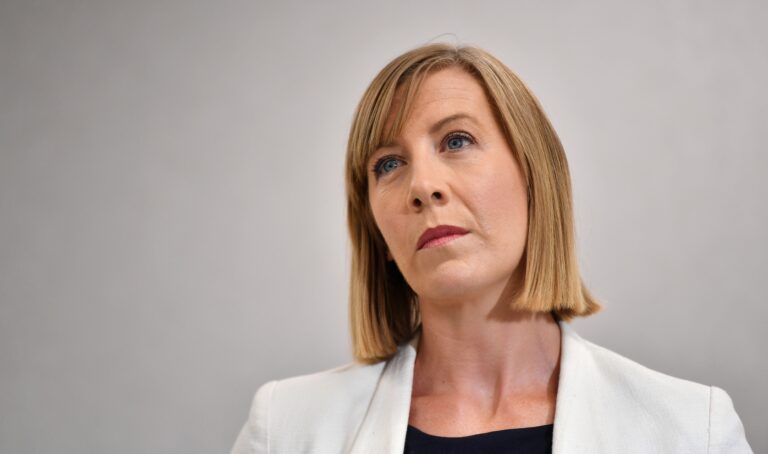
Public housing bond blasted

by Lanie Tindale
Six community services groups have condemned proposed public housing bond legislation in NSW.
The amendments to the Residential Tenancies Act (Social Housing) will require public housing tenants who destroy property to pay for a bond before registering with further public housing.
NSW Minister for Social Housing Pru Goward said in a statement: “When a tenant damages their property, the Government has to spend money that could have been used elsewhere in the social housing system.”
Damage exceeding $500 will result in tenants having to pay a $1,400 in a rental bond. If they are unwilling or unable to do so, they face eviction.
Ms Goward said: “It can cost tens of thousands of dollars to fix up a house after it has been damaged and deserted by a tenant. Public housing tenants that do the wrong thing should be held accountable in the same way as tenants are in the private market.”
Six community groups representing tenants, people with disabilities, pensioners and the homeless have released a joint statement condemning the legislation.
Chief Executive Officer of Shelter NSW Karen Walsh said: “There is not adequate protection for people with dementia and other mental health issues, the behaviour of people from outside the household, or decades old damage caused by former occupants which is only recently discovered.”
Senior Policy Officer at People with Disability Australia said that the policy will present barriers to people with disability. “Public housing is one place where many people with disability find a home, and introducing bonds will make this much more difficult to access.”
Chief Executive Officers of Homelessness NSW said that “homelessness services will potentially have to use brokerage funding to cover” the cost of bonds, meaning that ultimately the “government may end up paying for these costs”.
In a statement, Greens MP Jenny Leong said: “Claims that this punitive bill will promote behavioural change from tenants are clearly misguided when it is often underlying mental health and drug and alcohol issues which are the cause of problems.”
“The concept of a Risk Based Bond Scheme – with guidelines to be determined by ministerial approval and with no parliamentary oversight – is a recipe for further targeting and marginalising of vulnerable people in our community who are living in public housing.”
“People in need of a place to call home will be stuck in a circular loop of housing insecurity where they will be kicked out of public housing, become homeless, approached by housings specialist homelessness teams when they are sleeping rough, and placed back on the waiting list with priority status.”
The Tenants Union of NSW consulted FACs on their draft Tenancy Bonds for Public Housing Policy in 2016.
They advised the department that the policy’s additional costs would prevent vulnerable people from seeking and accessing any housing, exacerbating their concerns. They claimed the policy would not meet FACS aims, “to encourage tenants to pay their rent on time and look after properties, to prepare tenants for renting in the private market, and to help FACS recover cost,.” A Tenants Union of NSW spokesperson said.
They added that “most public housing tenants are unlikely to join the private rental market permanently.”
“We often see debts raised that clearly should not be. Reasons for this range from victims of domestic violence being charged to repair damage caused by the perpetrators of violence, to tenants being asked to foot the bill for vandalism and damage that has been wrought after they’ve vacated the property.”
The NSW Land and Housing Corporation run public housing projects in NSW.
The State government has also proposed tenancy laws that will address rental fraud. They will evict tenants accused of rental fraud immediately.
‘Tenant fraud costs taxpayers millions of dollars each year and tenants convicted of rental fraud should not be allowed to remain in public housing,’ Ms Goward said.
‘Sadly, tenants committing fraud and remaining in public housing are preventing a vulnerable person in need from receiving housing assistance. We want to send a strong message to tenants convicted of fraud that their days in public housing are over.’
Rental fraud in public housing is a criminal act. Those accused of rental fraud are granted the right to an impartial hearing and appeals.
In July 2017, the ABC reported that social housing fraud was “slipping under the radar”.
Tenants may have partners giving them money, own investment properties or fail to declare a change in income. The first person to be evicted from the Sirius building in the Millers Point social housing property was an electrician with part-ownership of land in regional NSW.
FACS 2017 seven-week amnesty period resulted in 8,000 calls declaring rental fraud, without risk of prosecution or back charged rent. The government claimed $3 million was secured after the amnesty.









